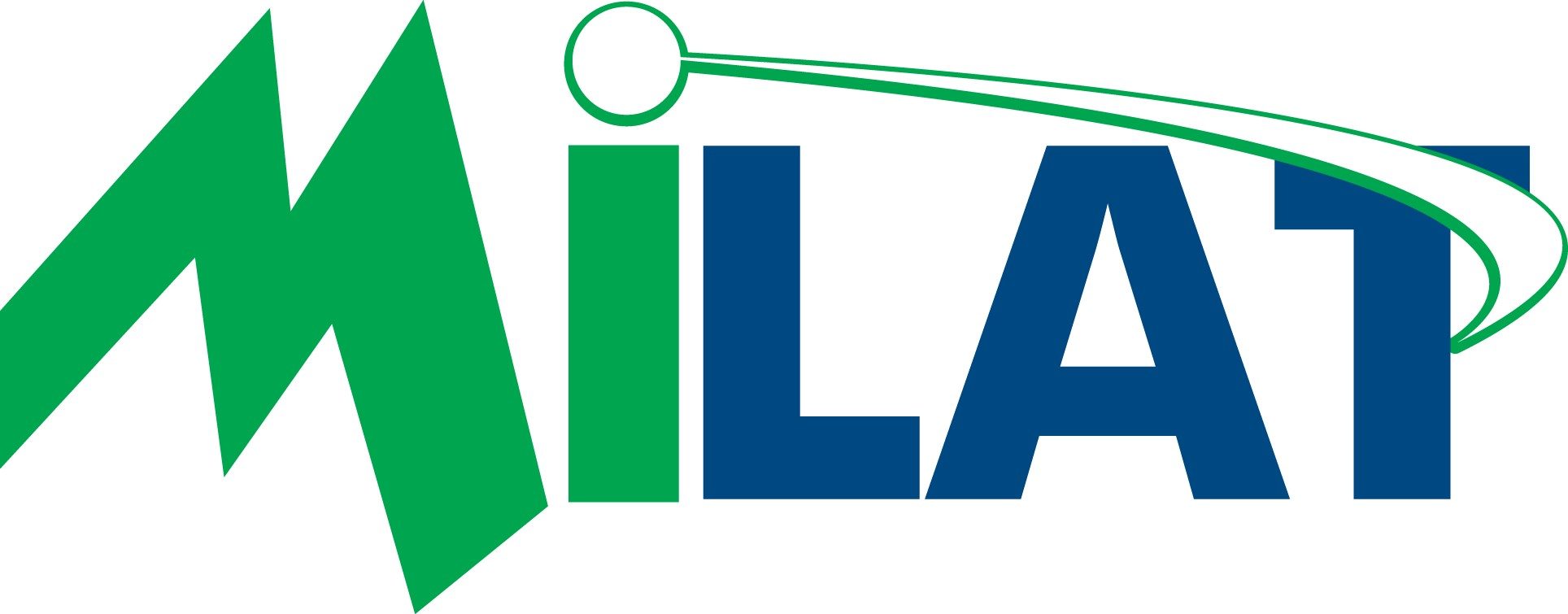Year One
Induction Training
On entry into the Programme individuals undergo a three-month training period commencing from June to September of each Academic Year. At this time, successful Applicants are referred to as Trainees.
This phase of the training consists of para-military courses which serve as a foundation for discipline, adherence to instructions, comradery and the character development.
Upon the successful completion of the Induction Training, Trainees are officially inducted into the MiLAT Programme and as a rite of passage, they are awarded their ‘Garrison Caps’ and thereafter addressed as ‘Cadets’.
Cadets now begin the Academic School Year in September with the necessary foundation of discipline, character and focus, to pursue academic certification and personal success.
Post Induction
Academic Pursuits
Cadets are commonly referred to as ‘Juniors’ as they begin the journey into secondary level tuition. There are three (3) Compulsory Subjects; two (2) subjects for Caribbean Secondary Examination Certification (CSEC) and one (1) subject for National Training Agency (NTA) Certification.
These subjects are:
- Mathematics (CSEC)
- English A – Language Arts (CSEC)
- Life Skills (NTA)
Cadets have the choice of any four (4) Optional CSEC subjects namely;
- Information Technology
- Social Studies
- Human and Social Biology
- Music
- Physical Education
- Principles of Accounts
- Principles of Business
- Computer Studies
- Visual and Performing Arts
The Programme caters for those who experience levels of difficulties in the areas of Mathematics and English A – Language Arts only.
Cadets with such challenges are placed in a special Remedial Group that facilitates this special type of tutoring. This group completes the Caribbean Certificate of Secondary Level Competence (CCSLC) Certification and still have the choice of any of the four (4) optional CSEC subjects.
Why Life Skills?
Life Skill is necessary to aid with behaviour modification as it forms part of the MiLAT Programme’s mandate. Certification in this course is awarded by The National Training Agency, a government organisation responsible for the development of Technical and Vocational products and services in order to cultivate a certified, competent and globally competitive workforce.
The National Training Agency is under the aegis of the Ministry of Education, Tertiary Education Division.
Non-Academic Pursuits
During the academic school year, Cadets benefit from the privileges afforded by the MiLAT Programme, by participating in various activities such as;
- First Aid
- Land Navigation
- CPR
- Survival Training
- National and City Parades
- Science and Career Fairs
- International Marathons
- Physical Fitness events, and much more.
In addition, Junior Cadets have another opportunity to improve their digital skills by partaking in the Programme’s offer of Microsoft Digital Literacy. This training aligns itself with the initiative of the Government of the Republic of Trinidad and Tobago, to increase the Information and Communication Technology (ICT) competencies, awareness, confidence and ICT uptake of its citizens. What the Cadets are taught include:
- Computer Basics
- The Internet, Cloud Services, and the World Wide Web
- Productivity Programs
- Computer Security and Privacy
- Digital Lifestyles
Cadets also learn and demonstrate the act of volunteerism as they participate in Community Service, Environmental Projects, Culinary Duties, Kitchen Gardening or Pisciculture (fish rearing) and any other form of welfare act that may bring relief to the national community.
Year Two
In Year Two, Cadets are referred to as ‘Seniors’ as they are in the final year of completing academic studies to obtain the CSEC and CCSLC Certifications in their respective subjects areas.
Senior Cadets have a more defined schedule as it is essential to focus on studies and improve on their time management skills. School-Based Assessment (SBA) for most of the subject areas offered have become mandatory.
The Programme provides facilities to aid with SBAs. This includes a designated ‘Study Time’ area after school hours, use of the Computer Labs for non-ICT subjects and Internet access at their dormitory quarters for those desirous of additional online studies and research projects.
Dedicated Academic Staff diligently supervise and guide the cadets in the best way possible to ensure successful outcomes in their exams.
After CSEC and CCSLC examinations, Senior Cadets prepare for their Military Graduation which includes a display of foot-drill under the command of their peers. The graduation is one of the great achievements as Cadets reflect and celebrate this moment of success.
Cadets are given the opportunity to gain experience in the ‘World of Work’, and as such, participate in On-The-Job Training for a duration of two (2) months.
Cadets (mainly Seniors) participate in the National Independence Day Parade Ceremony alongside personnel from the Ministry of National Security Divisions, displaying to the national community that the MiLAT Programme has fulfilled its Goals and Objectives, delivering disciplined young men who are capable to contributing positively to the citizenry of Trinidad and Tobago.
